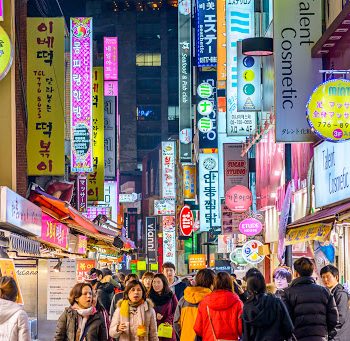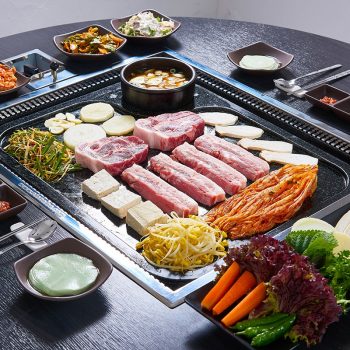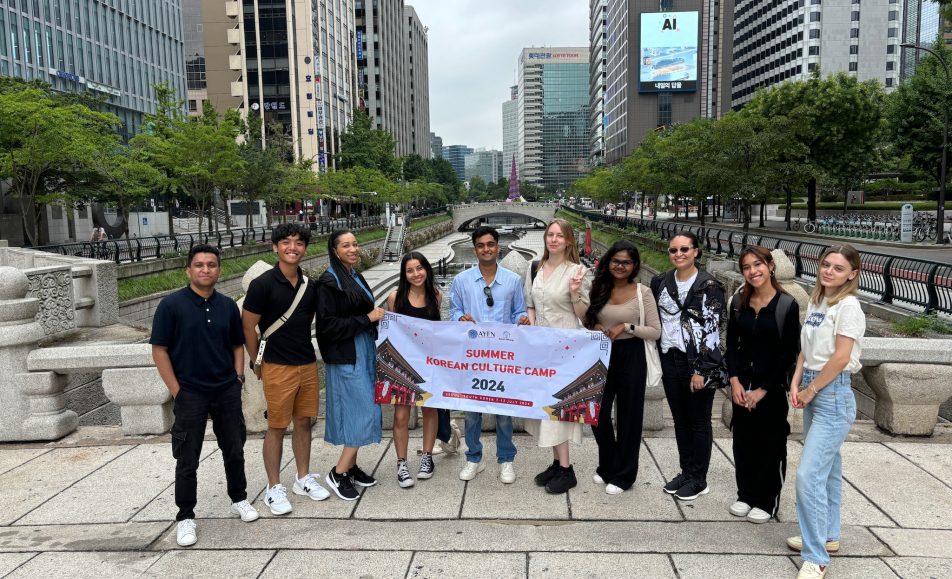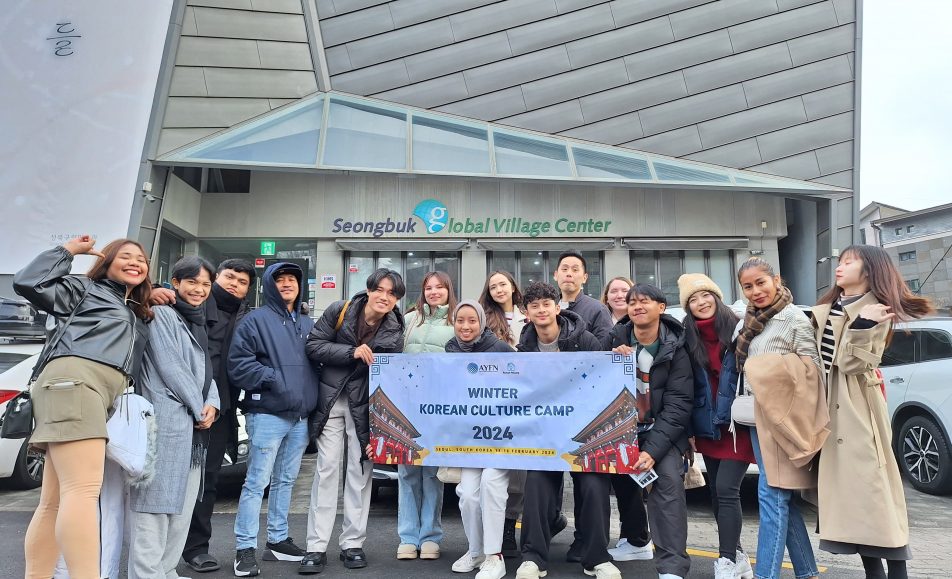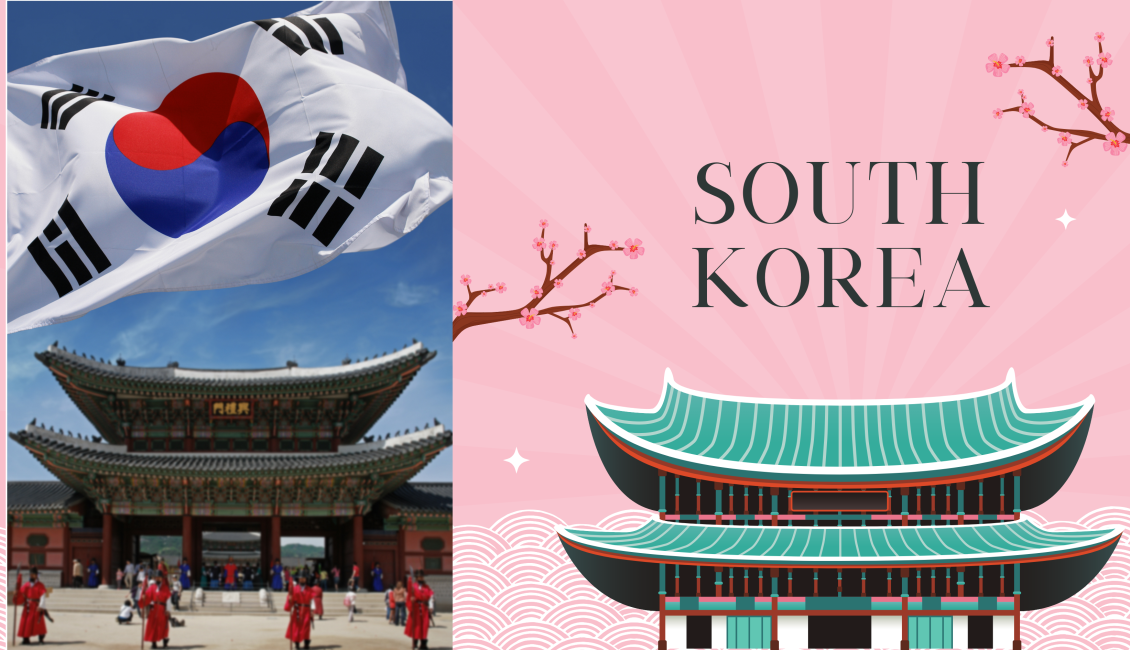
Explore the vibrant and dynamic country of South Korea through AYFN Academy’s exceptional paid travel opportunities, designed to immerse you in the rich culture, cutting-edge technology, and captivating history of this East Asian nation. South Korea is a land where ancient traditions seamlessly blend with rapid modernization, offering a unique experience through its bustling cities like Seoul and Busan, serene palaces, stunning natural landscapes, and globally influential pop culture. AYFN Academy’s programs provide comprehensive support covering travel expenses, accommodation, and stipends, allowing you to study Korean language, participate in internships, and engage in cultural exchanges without financial worries.
Popular tourist attractions add to the allure of South Korea. In Seoul, you can explore the majestic Gyeongbokgung Palace, a stunning example of Joseon dynasty architecture, and the vibrant shopping district of Myeongdong. The historic Bukchon Hanok Village lets you walk among traditional Korean homes, while the futuristic Dongdaemun Design Plaza showcases innovative design and nightlife. Busan offers beautiful beaches like Haeundae, the colorful Gamcheon Culture Village, and the bustling Jagalchi Fish Market. Nature lovers can visit Jeju Island, renowned for its volcanic landscapes and waterfalls. These attractions, combined with AYFN Academy’s immersive programs, provide a comprehensive experience of South Korea’s tradition, innovation, and natural beauty.

